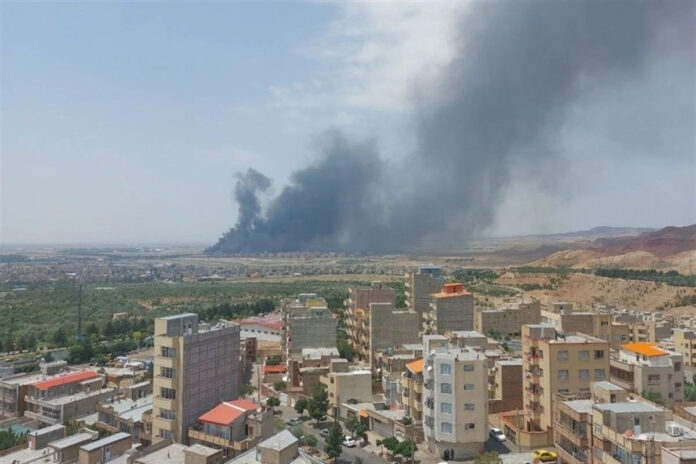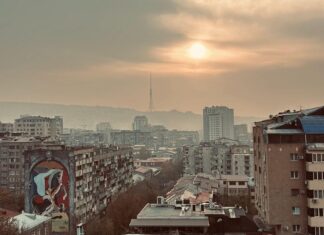YEREVAN (Azatutyun) — Armenia on Friday, June 13, condemned Israel’s overnight strikes on nuclear facilities and military sites across neighboring Iran and called for an immediate end to the military action.
“The unilateral attack against Iran is deeply concerning,” the Armenian Foreign Ministry said in a statement. “Taking place ahead of the next round of [US-Iranian] negotiations, it endangers the peace efforts as well as overall regional stability and global peace.”
“We condemn such action and call for the immediate cessation of hostilities and adherence to international law,” added the statement.
“What happened today is not only a threat to Iran or the Middle East but also a problem for Armenia,” Armen Grigoryan, the secretary of Armenia’s Security Council, said for his part.
“This is an encroachment on Iran’s territorial integrity, which will naturally have a negative impact on the region, and escalation will naturally not bring any benefit to the countries of the region. We hope that it will be possible to resolve the issue peacefully as soon as possible,” Grigorian added during a panel discussion in Yerevan.
Israeli Prime Minister Benjamin Netanyahu said Israel launched the “preemptive” strikes “to roll back the Iranian threat to Israel’s very survival” and prevent Tehran from building a nuclear weapon. Among the sites hit were the Islamic Revolutionary Guard Corps’ (IRGC’s) command site and residential areas in Tehran and other cities, according to Iranian media.








